Privacy is a key element in the crypto market. It goes beyond data protection, it's one of the core principles of decentralization, safeguarding the user's identity and transaction history.
Cryptocurrencies keep emerging as a disruptive force in the finance realm. The idea behind financial empowerment involves security, custody over your coins, and of course, privacy! The concept of privacy in the crypto market goes beyond safeguarding one's data and identity. It is about protecting the principles on which cryptocurrencies are based: decentralization, security, and anonymity.
In this article, let's dive into the functioning and utility of some privacy features. These are tools that protect users of some of the best crypto out there. Understanding them is essential to making informed choices, and minimizing risks.

The coins that will have their privacy features analyzed are Decred, Firo, Monero, and Zcash. Sometimes known as privacy coins, a category of crypto designed to enhance the privacy and anonymity of users' transactions.
Decred
As we know, Decred is a project that places a strong emphasis on privacy. Its blockchain has a public ledger of all DCR transactions, which includes senders, recipients, and amount sent. Although having this transparency, Decred offers tools to hide your identity and keep your information private.
Decred has integrated the Lightning Network, which is like a high-speed express lane on the Decred blockchain. It enables users to set up special payment channels between themselves, allowing for super quick and cheap transactions. These channels let people trade with each other without waiting for confirmations on the main Decred blockchain, meaning that their transactions can remain private. This not only makes transactions faster but also boosts the overall usefulness and scalability of the Decred network.

In 2019, the StakeShuffle mixing protocol was implemented by Decred, aiming at increasing user privacy. StakeShuffle is a non-custodial protocol that obfuscates ownership of DCR coins. Output addresses get anonymized via mixnet, a cryptographic protocol executed by mix-servers that provide anonymity for a group of senders. The implementation of this protocol did not require changing the consensus rules, it was an opt-in implementation.
If you decide to use DCRDEX to trade DCR and other coins, your identity will be preserved. There is no need to verify your ID or even be human to trade on DCRDEX.

Monero
Monero (XMR) is one of the most popular privacy coins. It is a cryptocurrency that employs a blockchain equipped with privacy-enhancing technologies to obscure transactions, ensuring anonymity and fungibility. It makes it impossible for outside observers to decipher details such as the addresses involved in Monero transactions, the amounts transferred, wallet balances, or transaction histories.
This coin uses several tricks to keep transactions private. When you send Monero, your transaction is mixed with others using "ring signatures." Making it hard to tell who's sending money to whom. In 2017, they added a feature called "RingCT," which hides the amount of money being sent in a transaction. So, no one can see how much Monero someone is sending.
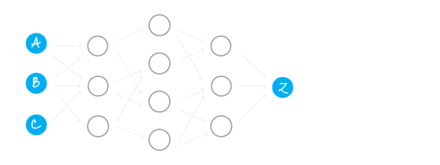
There's also this cool feature called "Bulletproofs" that Monero uses. It's like a secret way of proving that a transaction happened without revealing how much money was involved.
To protect the users who receive XMR the network uses "stealth addresses". These are addresses that people use to get paid, but they're untraceable, so nobody can figure out who owns them.

Dandelion++ is another privacy feature for Monero. It helps hide your IP address when you're sending Monero. When you want to make a Monero transaction, there's an initial step called "flooding." It enables all connected nodes to communicate with each other about the new transactions that are about to take place.
Dandelion++ intervenes in this process by diverting the transaction to a randomly selected node. This randomization disrupts the traditional "flooding" pattern, making it much more challenging for external observers to trace the transaction's source or destination. Essentially, Dandelion++ adds a layer of privacy to Monero transactions by obfuscating their propagation through the network.

The best part is that all these privacy features are turned on automatically when you use Monero. You don't have to do anything special to keep your transactions private.
Firo
Firo, formerly known as Zcoin, is a privacy-preserving crypto that offers advanced privacy features to protect users. Its latest innovation is the Lelantus Spark feature, which introduces a new way to keep your transactions hidden, especially when you are receiving coins. With Spark addresses, your address can't be easily found on the blockchain, so nobody can check how much money you have or when you made transactions.
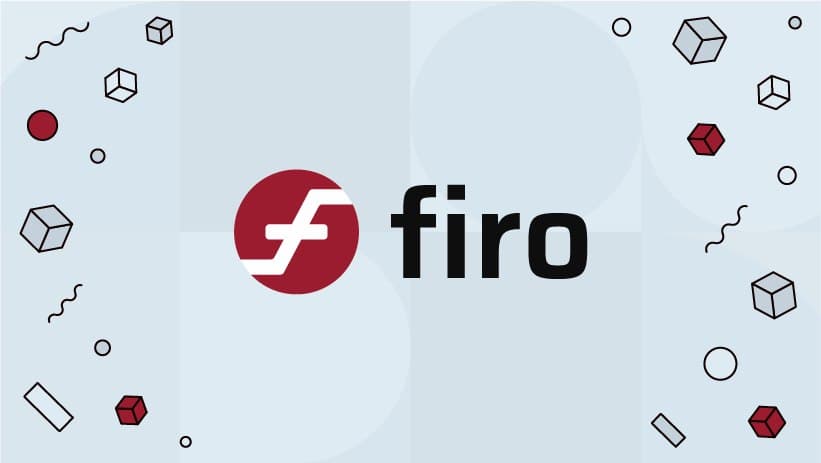
In cryptocurrencies like Bitcoin and Ethereum, you can look up the history of any address using a blockchain explorer. But with Spark addresses, all of that information is hidden. When you send money from one Spark address to another, nobody can see who sent it, who received it, or how much was sent.
Think of Spark addresses as a way to keep your financial information private, making it much harder for anyone to snoop around and see what you're doing with your money. Firo is making it easier for users to keep their transactions private. You can now send regular, transparent funds directly to private Spark addresses without having to do anything extra to hide your transaction details. This change makes it simpler and more user-friendly to use privacy features, and it's the first step in Firo's plan to make all transactions private by default.
Just like Monero, Firo also uses Dandelion++ technology to provide an extra layer of privacy to the network.
Zcash
Zcash coin was created to supply a fully private blockchain to its users. This was the first crypto to implement Zero Knowledge-SNARK proofs as a way of hiding detailed transaction content.
With ZCash there are two types of addresses: i) Transparent addresses: transactions with this address can be tracked on the ZCash blockchain just like on the Bitcoin chain. ii) Shielded Addresses: encrypted ones, meaning that you cannot see the data on the blockchain.
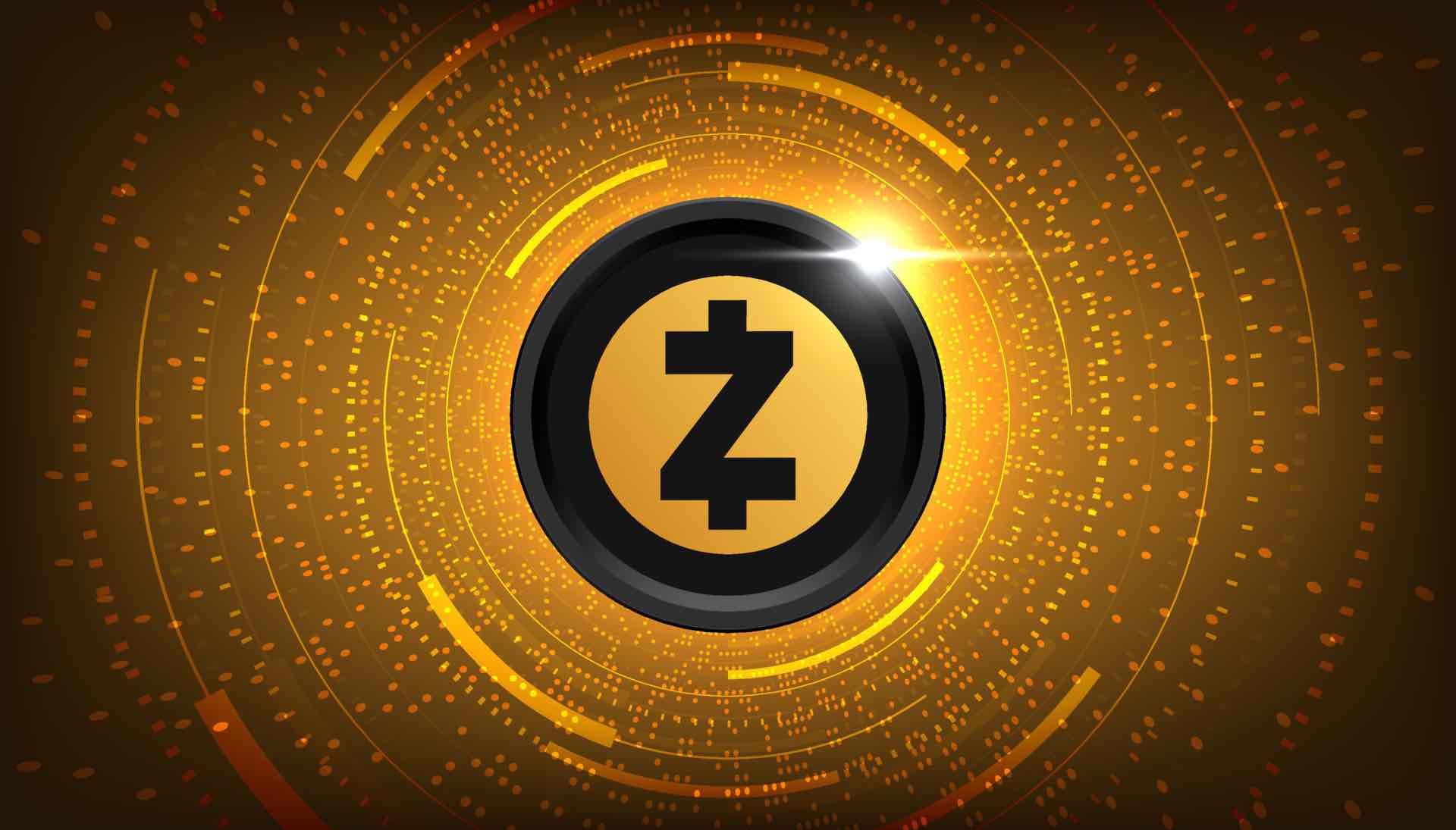
Zcash cryptocurrency has different ways to keep transactions private. When you make a Zcash transaction, you can use different types of addresses:
- Transparent to Transparent (t→t): This is a regular, open transaction where both the sender and receiver use regular, non-private addresses. It's like sending money between bank accounts.
- Transparent to Shielded (t→z): In this case, the sender uses a regular address, but the receiver uses a private, shielded address. It's like sending money from your regular bank account to a more private one.
- Shielded to Transparent (z→t): Here, the sender uses a private, shielded address, but the receiver has a regular one. It's like sending money from your private bank account to someone's regular account.
- Shielded to Shielded (z→z): This is the most private option. Both sender and receiver use private, shielded addresses, so the transaction is completely private, like a secret transaction.
These different ways of transacting, give the Zcash user options for how private they want their transactions to be.
Moving forward
Privacy is a key element in the crypto market. It goes beyond data protection, it's one of the core principles of decentralization, safeguarding the user's identity and transaction history.
We took a look at how privacy features work in some well-known privacy coins. Decred prioritizes privacy through Lightning Network and StakeShuffle, while Monero employs techniques like ring signatures and stealth addresses. Firo introduces Lelantus Spark for easy privacy, and Zcash offers many options for varying degrees of privacy.
Understanding these privacy features is crucial for mitigating risks in the crypto environment. With these tools at hand, users can be more confident in their financial control and security.


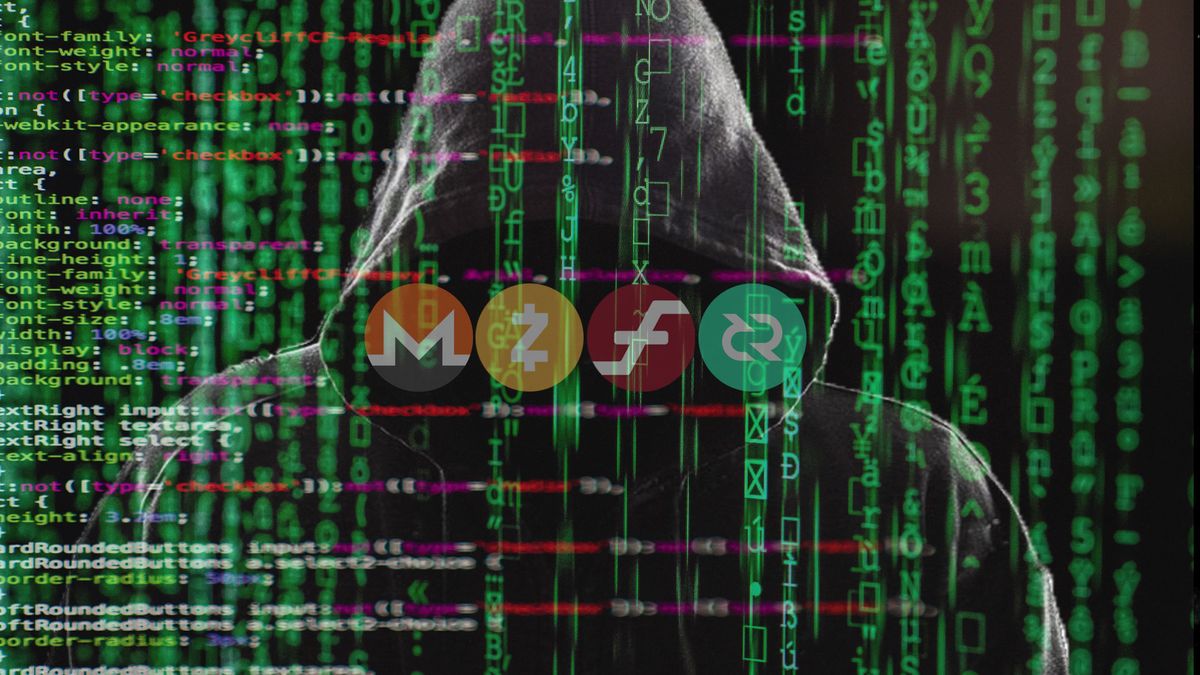
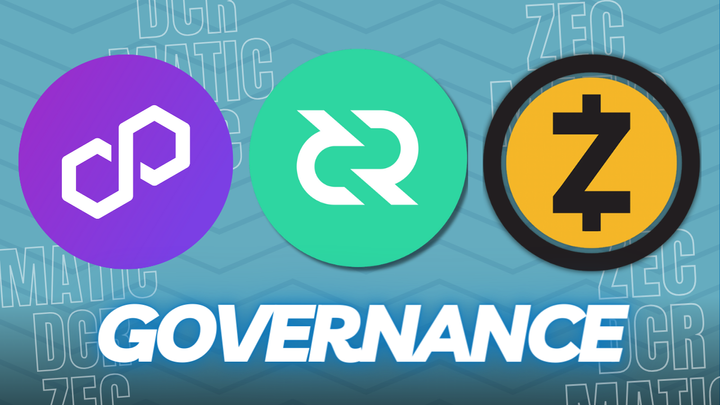


Comments ()